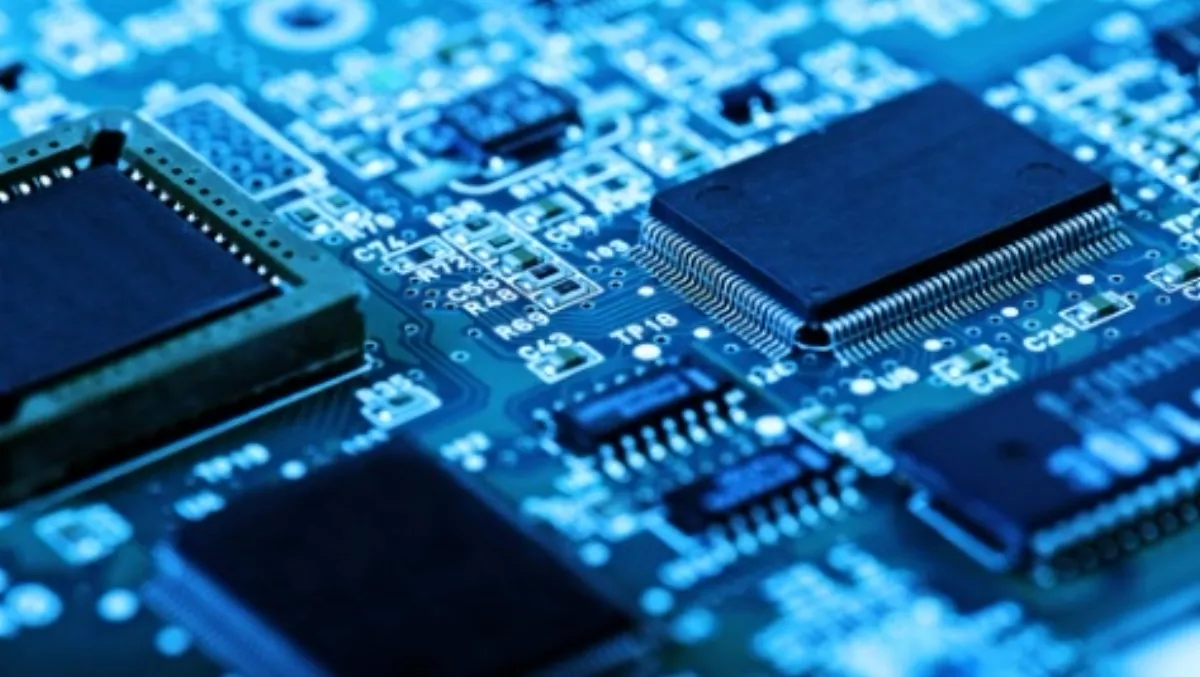
Everspin and Global Foundaries deal to propel MRAM into mass production
Everspin have signed a deal with Global Foundaries, the chip manufacturing partner, for its next generation MRAM (Magnetoresistive RAM) memory chips. It is said this could move MRAM to being mass produced.
While the value of the deal was kept under wraps, it was said Global Foundaries will invest in production technology to initially make ST-MRAM (Spin-Torgue-MRAM) chips on 300-millimeter wafers on a 40-nanometer production line.
Following this, the MRAM manufacturing deal has a plan to switch to a 28-nm production line.
MRAM is a promising technology that can hold its content for long period of time, like flash memory, while also providing speed, like fast memory technologies such as SRAM. Mass production is only just beginning, but those in the memory chip industry see this as the technology of the future.
“New memory technology has the problem of getting entry into the market and getting credibility,” says Phill LoPresti, president and CEO of Everspin. “With our research and development, we’re getting access to finer [production technology] and that will help us accelerate deployment [of MRAM].”
Everspin chips can be found inside several commercial products such as cache memory, and inside storage devices and battery backup devices that need fast memory to hold data should a power failure take place. It is said the company has shipped more than 40 million chips to date.
This is not the only company pursing MRAM development. TDK has been working on MRAM for several years and has recently showed off some of its work in MRAM development. The prototypes showcased in Tokyo were 8-megabit chips that can read and write data about seven times faster than flash memory. The company has yet to begin commercial production.
"Our partnership with Everspin will help drive ST-MRAM adoption and feed the rapidly growing MRAM market,” says Gregg Bartlett, senior vice president of product management at Global Foundaries.


